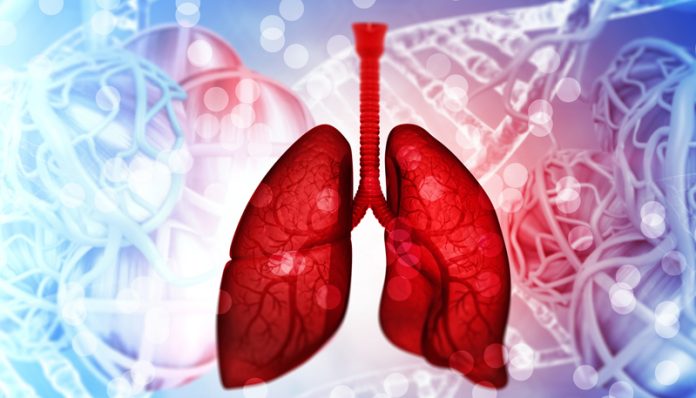Physicians and researchers have been fighting a continuing battle against invasive bacteria that can cause the development of complications in people that have cystic fibrosis. Dr. Pradeep Singh with University of Washington School of Medicine and colleagues are the first to show that the same bacteria can evolve to have different DNA and different virulence in different parts of the lungs of people that have cystic fibrosis. The discovery was reported in the edition of the journal Cell Host & Microbe.
The researchers examined the populations of pseudomonas in different lung regions of the lungs of cystic fibrosis patients that had a lung transplant. The scientists found that the same bacteria had mutated genetically and functionally depending on the region of the lungs that the bacteria inhabited. The discovery explains why some parts of the lungs of cystic fibrosis sufferers respond well to antibiotics and other treatments while some regions do not.
The result was expected but this is the first concrete demonstration that bacteria evolve differently depending on the area of an organ the bacteria infect. Bacteria reproduce exponentially. The huge number of bacteria in any infection provides a higher potential for some of the bacteria to become resistant to drugs and convey that resistance to subsequent generations. This is simple Darwinian evolution. The discovery may explain the variety of success that antibiotics and other drugs have in some parts of diseased organs. The researchers plan further tests to combat the evolution of disease producing bacteria in cystic fibrosis including the reintroduction of the harmless bacteria that usually inhabit the lungs.















